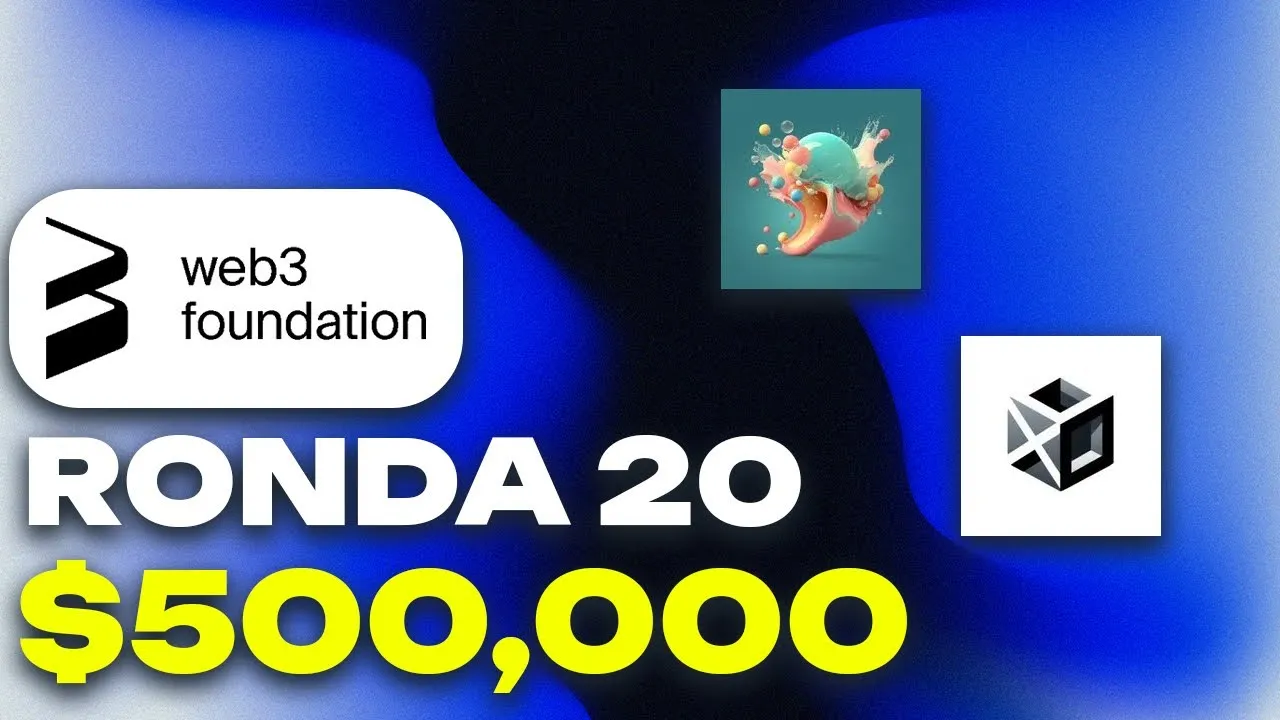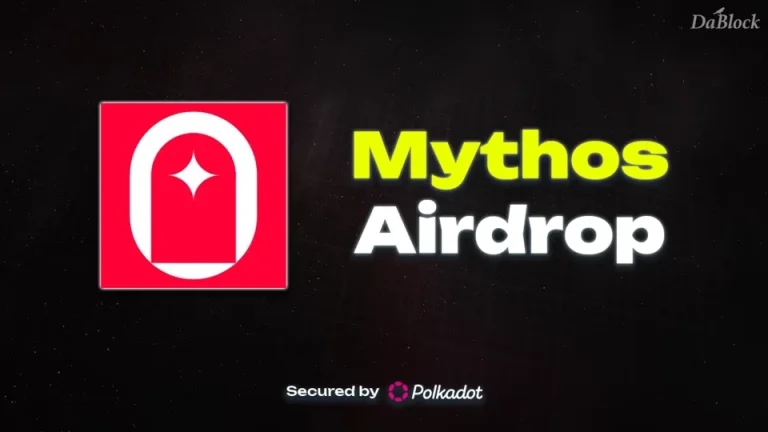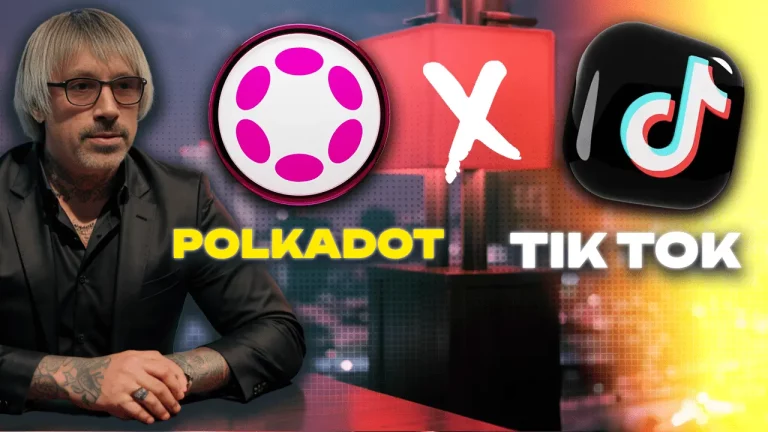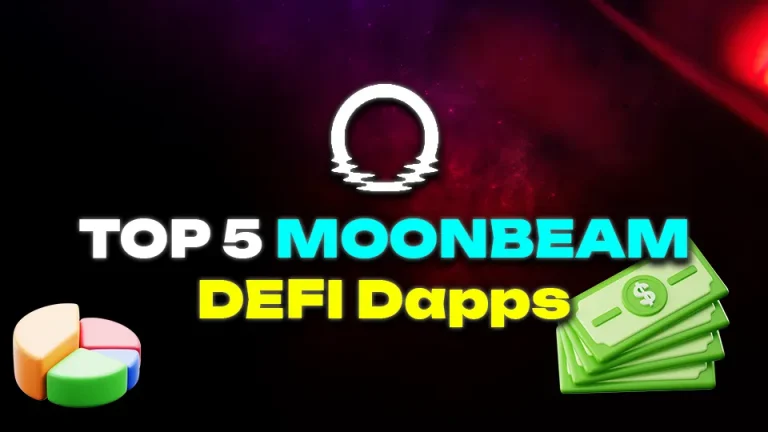The Web3 Foundation continues to play a pivotal role in advancing the Polkadot ecosystem by providing grants to technical teams working on innovative projects. In the recently concluded 20th round of grants, the foundation reached a significant milestone by approving its 10,000th application. Over the years, the foundation has distributed millions of dollars to various teams, promoting the development of software and tools that enhance the ecosystem.
Overview of the Web3 Foundation 20th Grant Round
In this latest round, 22 projects received grants totaling approximately $500,000. While this amount might seem modest given the number of recipients, it is important to note that these teams receive funding incrementally as they achieve their respective milestones. This approach ensures that the projects continue to progress and meet their development goals.
One of the highlights of this round is the continued emphasis on projects that are pioneering solutions in the sale and management of CoreTime. As Polkadot transitions from the traditional parachain slot leasing model to a more dynamic and agile Core Time allocation system, the development of secondary marketplaces for CoreTime has gained traction. This shift allows for greater flexibility and scalability for developers, enabling them to consume block space as needed.
New Polkadot Projects and Trends
The 20th round of grants also reflects emerging trends within the Polkadot ecosystem. Several projects are integrating artificial intelligence (AI) with blockchain technology, exploring new possibilities for data processing and analysis. Although AI’s role in blockchain is still a subject of debate, its potential to enhance the efficiency and functionality of decentralized systems is undeniable.
Another noteworthy project is the development of the XCM Router, a tool designed to facilitate seamless asset transfers between parachains. XCM (Cross-Consensus Messaging) is a critical component of Polkadot’s interoperability framework, and the XCM Router is expected to significantly streamline inter-chain communication.
The Web3 Foundation Decentralized Futures Program
In addition to the traditional Web3 Foundation grants, the Decentralized Futures Program was recently launched. This initiative, with a budget of $20 million in fiat currency and $5 million in DOT tokens, aims to support a broader range of projects, including those focused on marketing, social initiatives, and governance. Unlike the technical focus of the Web3 Foundation grants, this program is designed to foster a more diverse array of contributions to the ecosystem.
Conclusion
The Web3 Foundation’s 20th round of grants underscores the continued innovation within the Polkadot ecosystem. As the network evolves, the foundation’s strategic funding is helping to shape the future of blockchain technology. By supporting both technical advancements and broader initiatives, the foundation is ensuring that Polkadot remains at the forefront of the decentralized web.
As these projects advance, they will not only contribute to the Polkadot ecosystem but also set new standards for blockchain development globally. The success of these initiatives will likely serve as a bellwether for the industry’s direction, particularly in areas such as CoreTime management, AI integration, and cross-chain interoperability.








